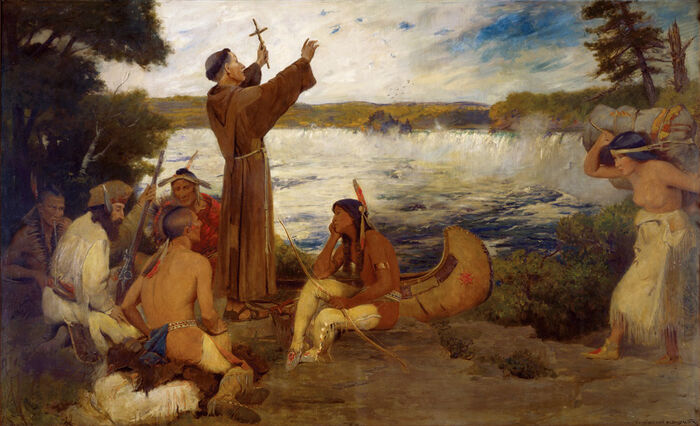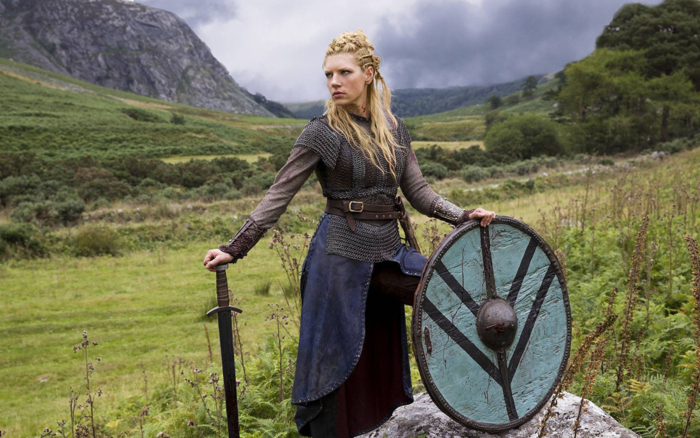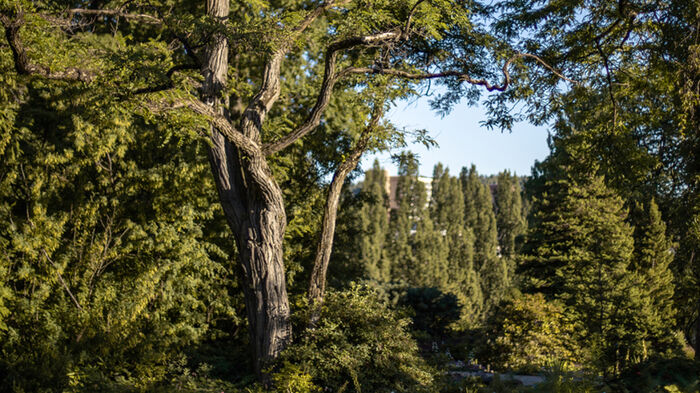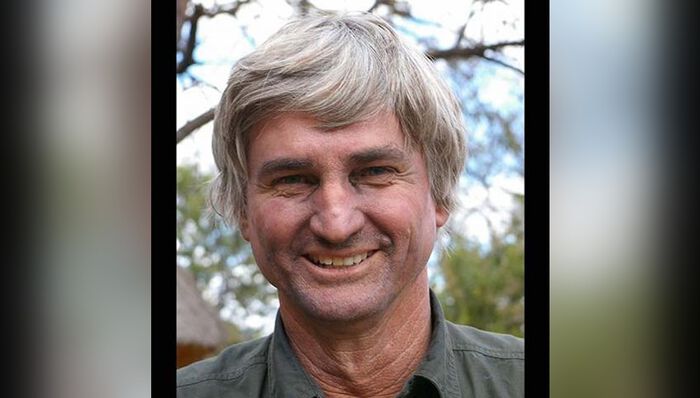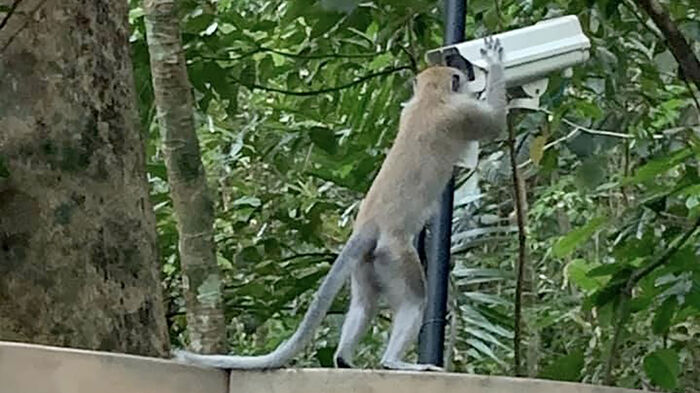Gjesteforelesninger og seminarer
Tidligere
Archaeological Friday seminar with Paloma González Marcén, who will present the PastWomen research network.
Arkeologisk fredagsseminar om Svingerudsteinen med førsteamanuensis Steinar Solheim og professor Kristel Zilmer, begge tilknyttet Kulturhistorisk Museum.
Arkeologisk fredagsseminar med Marie Dave Amundsen, tilknyttet Institutt for arkeologi, konservering og historie (IAKH), samt Kulturhistorisk museum (KHM).
Arkeologisk seminar med Grethe Bjørkan Bukkemoen fra Kulturhistorisk Museum, UiO
Arkeologisk fredagsseminar med seniorforsker Bente Magnus.
Arkeologisk fredagsseminar med Julian Post-Melbye, og professor Brit Solli, begge tilknyttet Kulturhistorisk Museum.
Arkeologisk fredagsseminar med marinarkeolog Staffan von Arbin, Göteborgs universitet, som berättar om sitt pågående avhandlingsarbete
Arkeologisk fredagsseminar med postdoktor Vibeke Maria Viestad, tilknyttet Institutt for arkeologi, konservering og historie (IAKH), og prosjekter HEI: Heritage Experience Initiative, og Dressed in Stone. Interpreting hunter-gatherer rock art of South Africa through the bodily practice of dress.
Archaeological Friday seminar with Þóra Pétursdóttir, Professor in archaeology at UiO, and Þorgerður Ólafsdóttir, visual artist from Iceland https://thorgerdurolafsdottir.info/ They will reflect on the value of collaborations between archaeology and the arts, from the perspective of their own collaborations.
Vi starter vårens seminarprogram med å hedre masteroppgaver som ble levert i 2023, og et tilbakeblikk på det siste forsknings- og studieåret.
Archaeological Friday seminar with Lars Rømer from Københavns Universitet.
Guest lecture with professor Sarah Tarlow from the University of Leicester.
Arkeologisk seminar med Anastasia Bertheussen, PhD stipendiat i arkeologi ved IAKH, tilknyttet Materialiteter: i fortiden og samtiden
Arkeologisk fredagsseminar med professor David Wright (IAKH), samt arkeologistudenter Marianne Karlsen, Sofia Falchenberg og Eystein Listhaug.
In this Environmental Humanities Lecture, anthropologists Nayanika Mathur, Professor of Anthropology and South Asian Studies at the University of Oxford, and Radhika Govindrajan, Associate Professor of Anthropology and International Studies at the University of Washington, Seattle, present their research on human-animal relationships, climate change, and religious ecology in India. What form might the environmental humanities take if considered from the place of the Indian Himalaya?
Kom og hør finansminister Trygve Slagsvold Vedum i møte med historiker Einar Lie.
Arkeologisk fredagsseminar med postdoktor Mari Arentz Østmo tilknyttet Institutt for arkeologi, konservering og historie (IAKH), samt Kulturhistorisk museum (KHM), og prosjektet Viking Nativity: Gjellestad Across Borders
Friday Seminar with Scott Anfinson from the University of Minnesota. Anfinson is a guest researcher at IAKH, and is both a heritage management archaeologist and a midcontinental North American prehistoric archaeologist. Anfinson is visiting UiO on a Fulbright Grant and studies heritage management in Norway.
Arkeologisk seminar med Dr. Marko Marila, gjesteforsker ved IAKH. Marila er postdoktor ved Linköping Universitet og tilknyttet prosjektet Nuclear Natures
AVLYST: Arkeologisk seminar med Alexa D. Spiwak, PhD stipendiat ved IAKH, tilknyttet HEI: Heritage Experience Initiative og forskningsprosjektet Relics of Nature: An Archaeology of Natural Heritage in the High North
Arkeologisk seminar med Dr. Lisbeth Skogstrand, forsker på prosjektet Gendering the Nordic Past ved IAKH
In the aftermath of the Chernobyl explosion, a great divergence appeared between the medical opinions of the East and West on the long-term consequences on public health. In this keynote lecture, Kate Brown, Professor in the History of Science at the Massachusetts Institute of Technology, gives us insight on what these conflicting stories can tell us about how Western and Soviet scientists understood humans and the ecologies in which they lived.
This lecture has unfortunately been cancelled.
What would it mean to tell the stories of trees? How can we represent them in ways that do not rely on problematic forms of ventriloquism, which reinscribe inequalities, and which do not rely on various forms of empathy or sympathy? This talk by Dalia Nassar, Associate Professor of Philosophy at the University of Sydney, aims to outline a theory of representation that aims to respond to these questions in relation to trees.
Archaeological Friday seminar with Dave Killick, professor at the School of Anthropology, University of Arizona.
In this talk, Stuart Earle Strange, assistant professor of anthropology at Yale-NUS College, Singapore, will explore the contradictions between law, sovereignty, animal agency, and the sacred in Singaporean wildlife conservation.
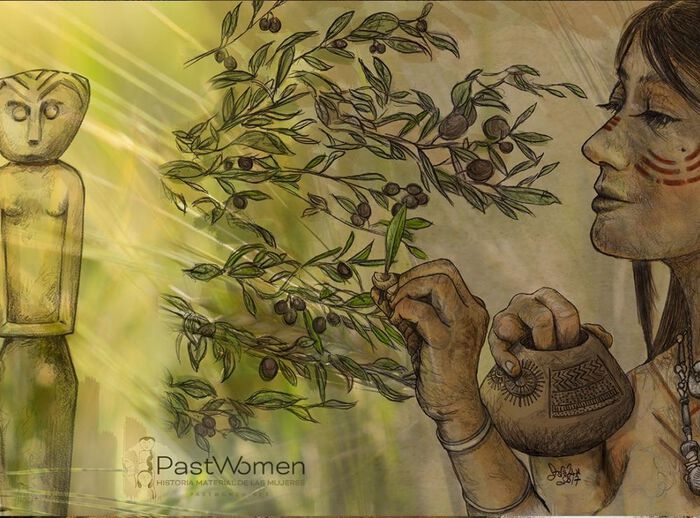
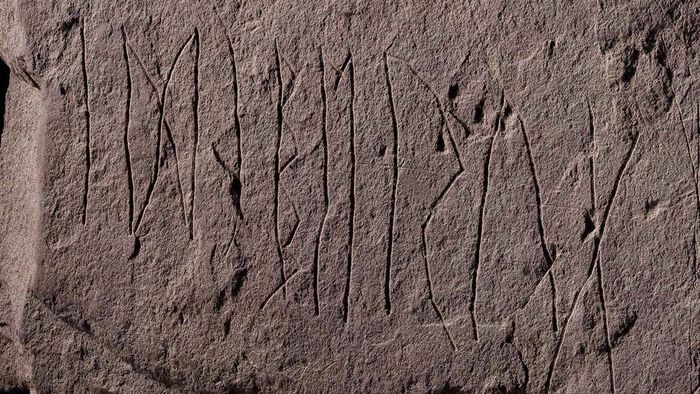
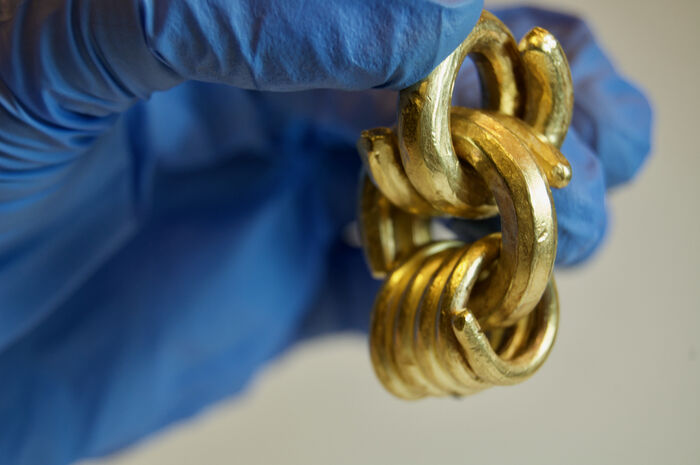

.png?alt=listing)
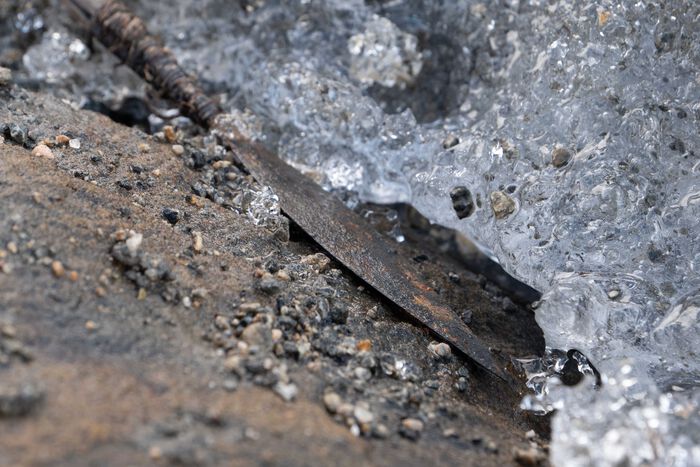



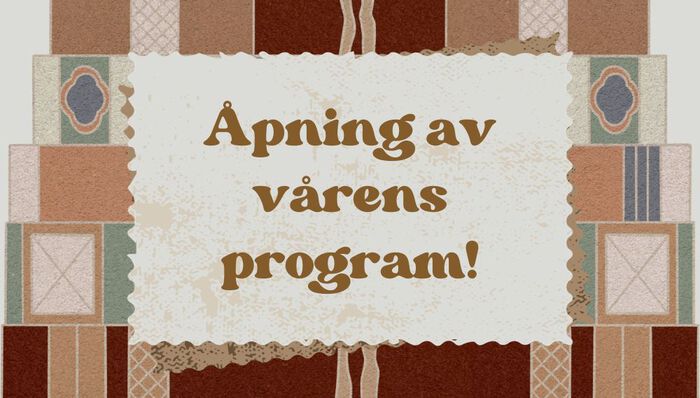
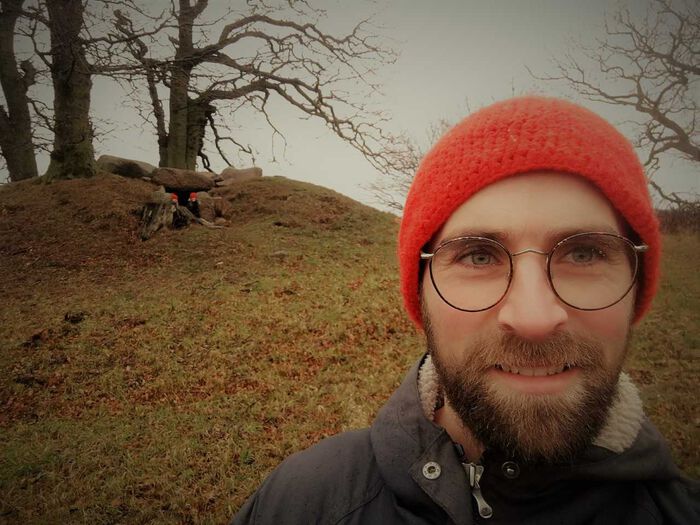


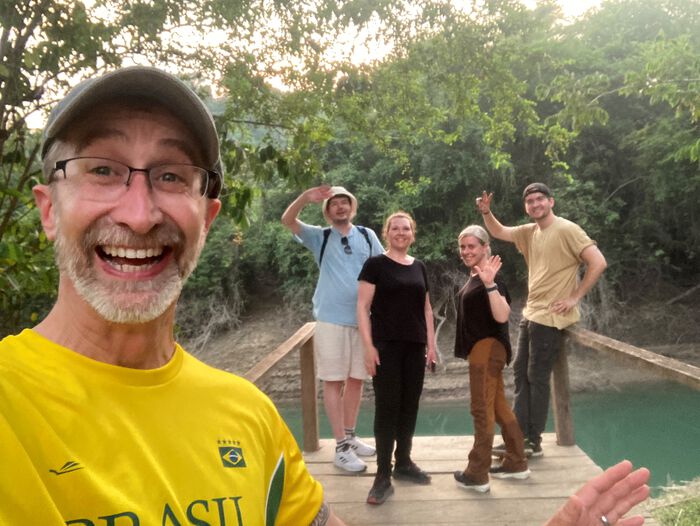
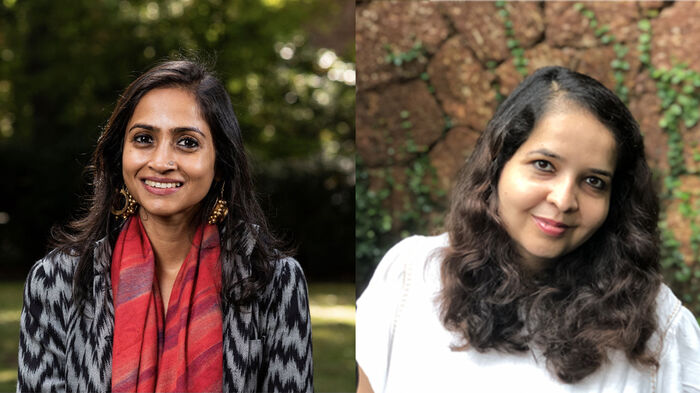

.jpg?alt=listing)
